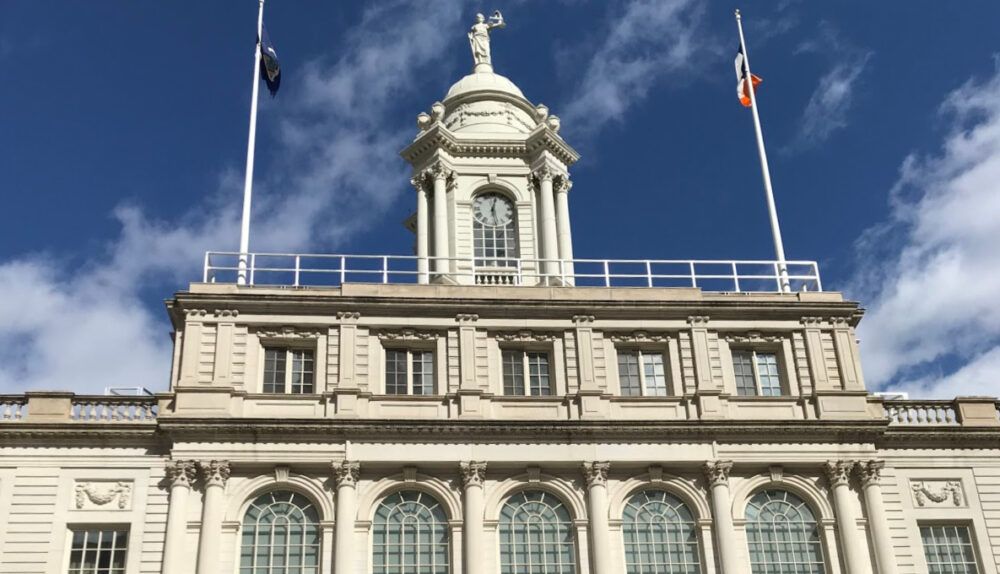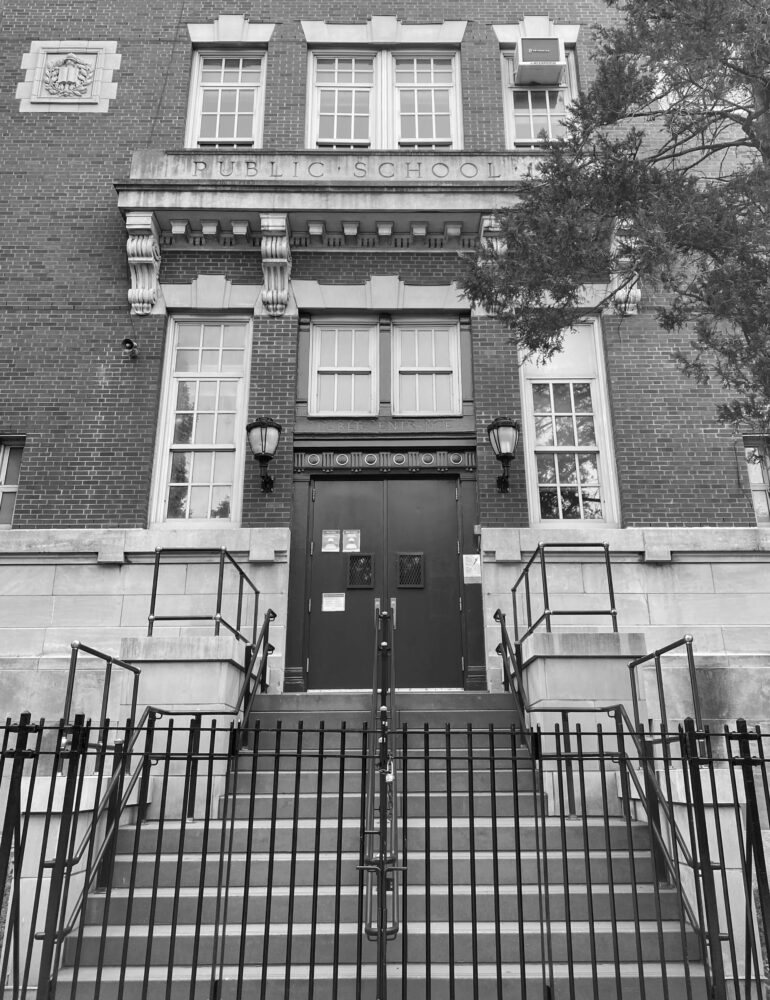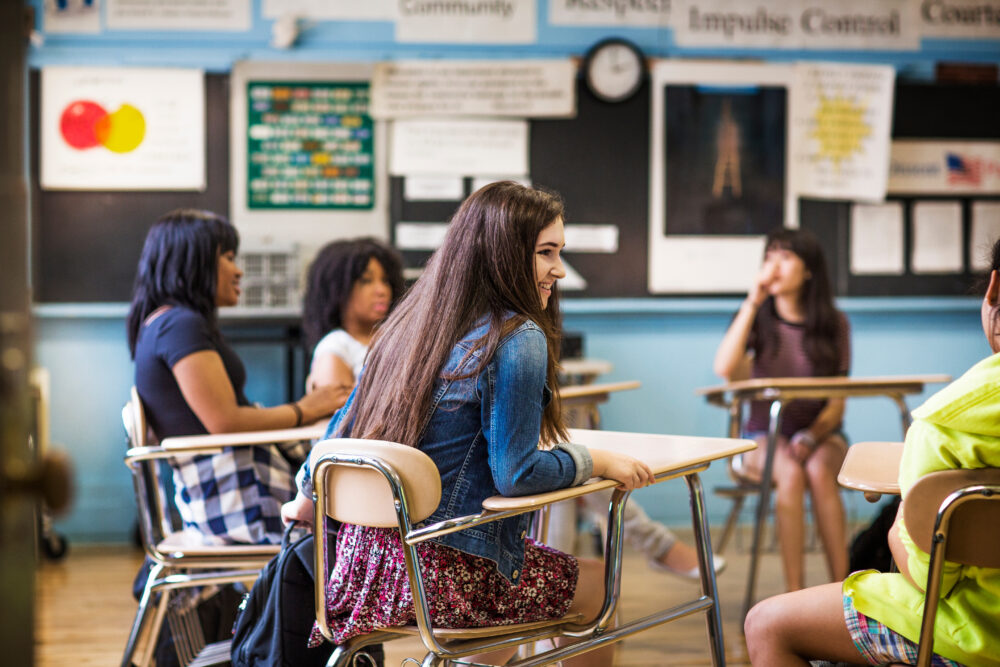AFC & the ARISE Coalition Testify on the New York City FY 2025 Executive Budget
Today, AFC and the ARISE Coalition (coordinated by AFC) are testifying before the New York City Council Committee on Education and Committee on Finance regarding the FY 2025 Executive Budget and the FY 2025–2029 Capital Plan. Our testimony calls on the City to sustain funding for several critical programs that are still on the chopping block and to invest $1.25B to make more schools accessible.

We appreciate that the Mayor’s Executive Budget includes around $600 million for critical education programs that were at risk of drastic cuts or elimination due to the expiration of federal COVID-19 stimulus funds. These initiatives benefit hundreds of thousands of students every year, and their loss would have been devastating. Yet, a number of important education programs, included as priorities in the City Council’s response to the preliminary budget, remain on the budget chopping block. We urge the Council to ensure that funding is restored for restorative justice practices; the Mental Health Continuum; immigrant family communications and outreach; community schools; and Student Success Centers. While the funding for these programs is set to expire in June, the needs are not going away.
With respect to early childhood education, we urge the Council to ensure the final budget rejects the $170 million proposed cut to 3-K and Pre-K. Furthermore, the final budget must include sufficient funding to meet the City’s legal obligation to provide preschool special education classes and services to all children who need them. These services are not optional but, currently, hundreds of children are waiting for a seat in a preschool special education class and thousands of preschoolers with disabilities are waiting for their legally mandated services.
The City must also address the longstanding inaccessibility of school buildings by allocating an additional $450 million—for a total investment of $1.25 billion—for school accessibility projects in the 2025–2029 Capital Plan. As of the start of the 2023–24 school year, only 31% of schools are fully accessible to students, teachers, parents, and community members with disabilities.


